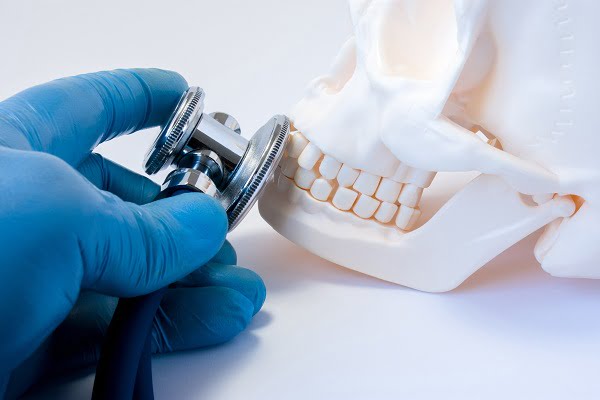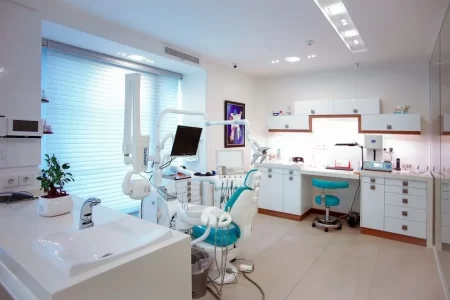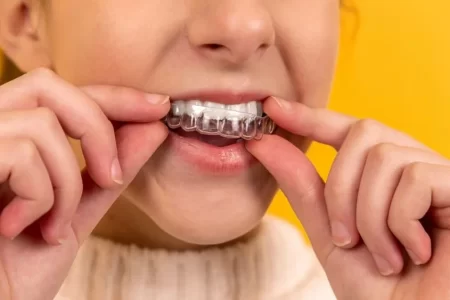Causes and Treatment for Supernumerary Teeth (Hyperdontia)
- Updated on: Jun 27, 2024
- 3 min Read
- Published on Apr 19, 2021


Supernumerary teeth (extra teeth growing out of gums) are the extra teeth which grow in your mouth and led to the condition called Hyperdontia. There is a presence of one or more teeth in addition to the regular set of teeth.
Growth of these supernumerary teeth can occur anywhere near the curved area of the attachment of your teeth to jaw. The permanent teeth are commonly affected by Hyperdontia. This condition can occur in anyone regardless of his or her age and gender, but it is more prevalent in men, with a 2:1 male-to-female predominance.
What causes supernumerary teeth (hyperdontia)?
The exact cause of hyperdontia remains unknown. Some researchers suggest there are some genetic factors which play important role in the occurrence of hyperdontia. These are:
- Gardner’s syndrome. It is a rare genetic disorder that causes skin cysts, skull growths, and colon growths.
- Cleft palate and lip. These are birth defects that cause an opening in the mouth or the upper lip, ear infections.
- Cleidocranial dysplasia. It causes abnormal development of the skull and collarbone.
- Ehlers-Danlos syndrome. It is a genetic condition that causes flexible and loose joints that can easily dislocate, bruised skin, and painful muscles and joints.
- Fabry disease. The syndrome causes an inability to sweat, painful hands and feet, a red or blue skin rash, and pain in the abdomen.
Is there any treatment for supernumerary teeth (hyperdontia)? What should you do if you notice an extra tooth?
If you have any extra pair of teeth growing in your mouth you must visit your dentist. He or she will tell you about the treatment for your condition. There are chances that you have only one supernumerary tooth where instances of multiple teeth are rare and rarer are the chances of occurrence of a large number of supernumerary teeth. Although it may happen that the extra tooth may be impacted or may only partially erupt, but it can still cause a number of problems. It can cause cosmetic problems and other various problems such as:
- Cavities and other dental diseases and can lead to dental hygiene practice problems
- It can cause damage to permanent tooth by fusing with it
- It can cause misalignment of permanent teeth by overcrowding
- It can lead to pain in the surrounding teeth, gums and supernumerary tooth
- It can also make you feel uncomfortable and self conscious
- It can cause difficulty to chew your food properly
- It may even cause tumors or cysts to form
The treatment options for managing supernumerary tooth depend on their orientation and position, the age of the patient, and any associated complications. Because of the various problems these supernumerary teeth may cause, your doctor may recommend removing the extra pair of teeth surgically to prevent any further complications.
It is important to remove the supernumerary tooth at a young age or else it may cause more problems and start damaging the adjacent tooth.
Treating the supernumerary teeth
The extra tooth is removed by using bone chisels (which is an instrument used for cutting bones). Piezoelectricity technique is used for surgery which reduces the post-operative bleeding.
In some cases, the supernumerary tooth has fused with permanent tooth. In such case, your doctor may recommend endodontic treatment option. This procedure involves treating the tooth pulp along with the tissue surrounding the root of your tooth.
Your dentist will provide you an appropriate level of sedation before the treatment. He or she will then create an incision in the gums above the tooth’s location that is affected. If required, he or she may make an incision into the bone to access the tooth. The impacted tooth will be broken into pieces and then removed. The incisions are then closed after the extra teeth are extracted.
What medications are prescribed during or before treating the supernumerary teeth?
If the extra teeth are causing pain, you dentist may recommend you some medications such as Non steroidal anti-inflammatory drugs (NSAIDs), and ibuprofen (Advil).











